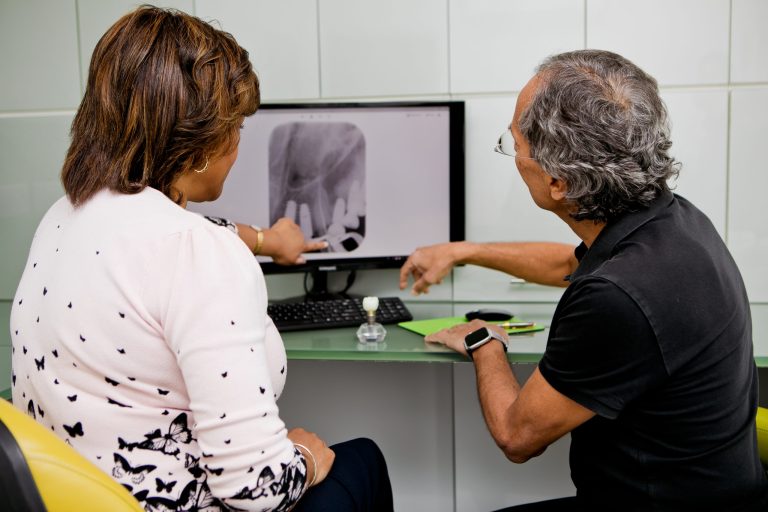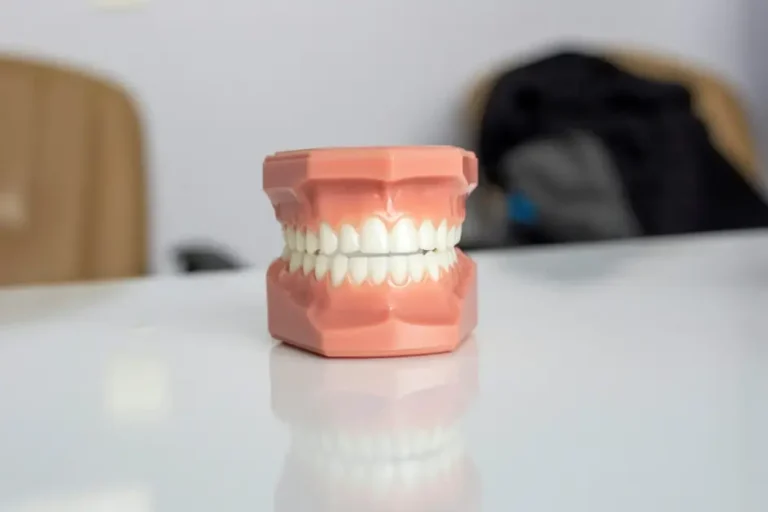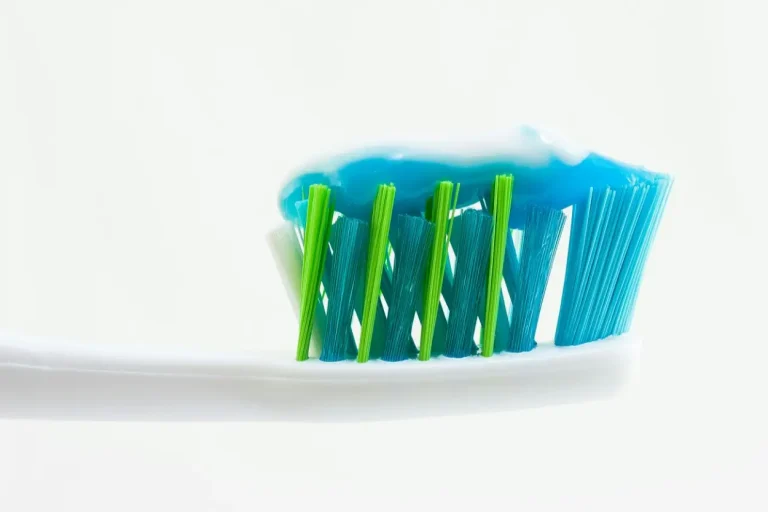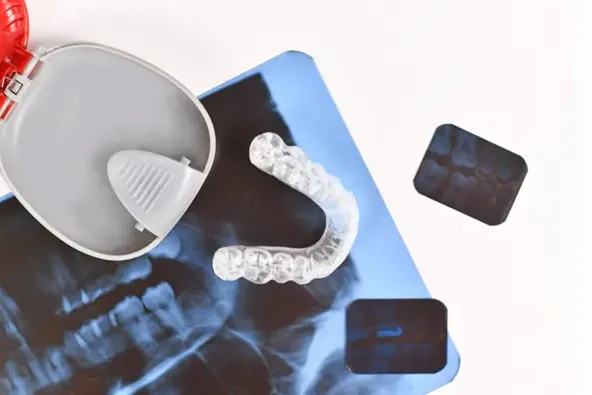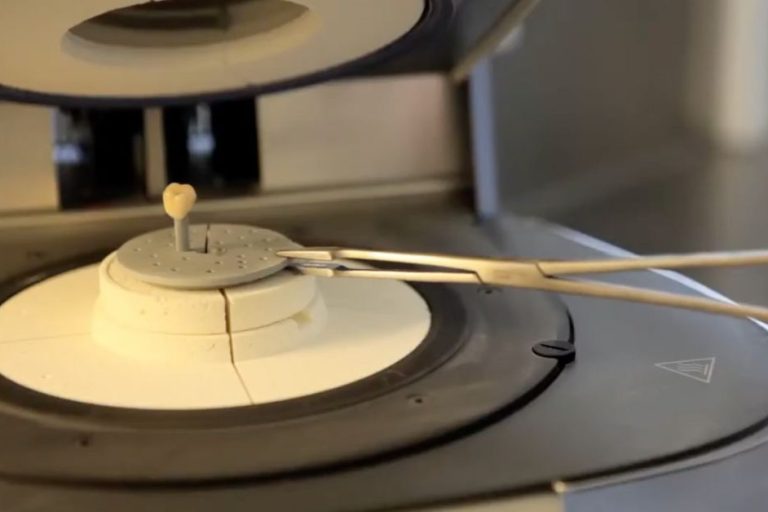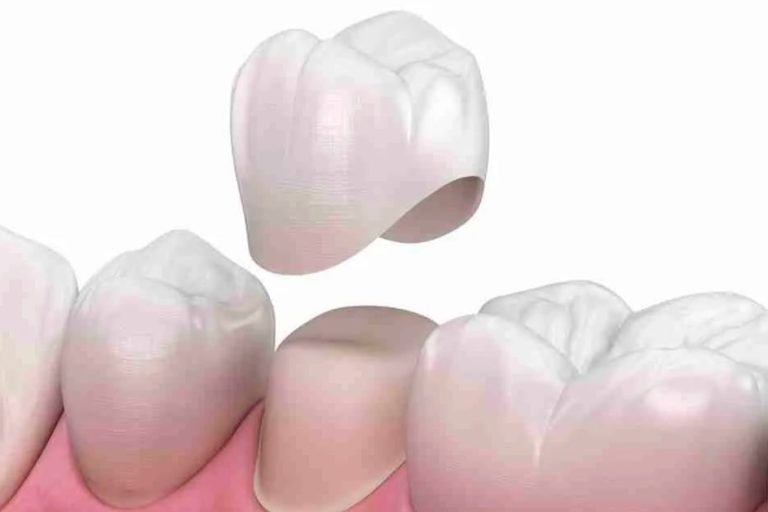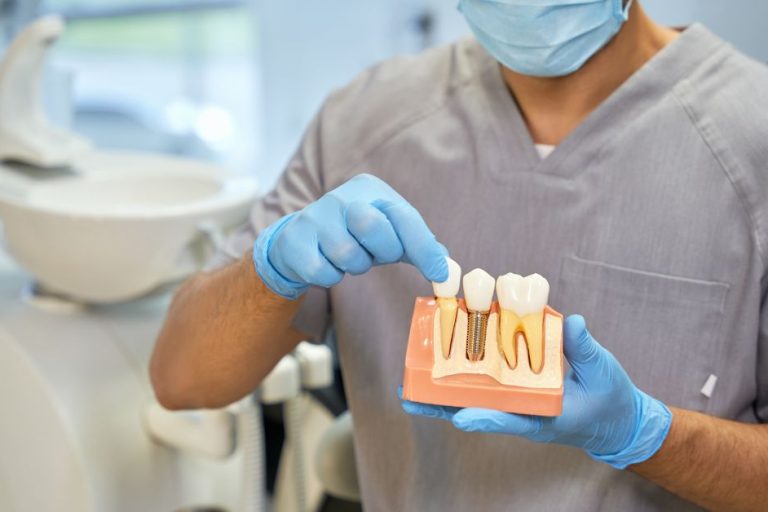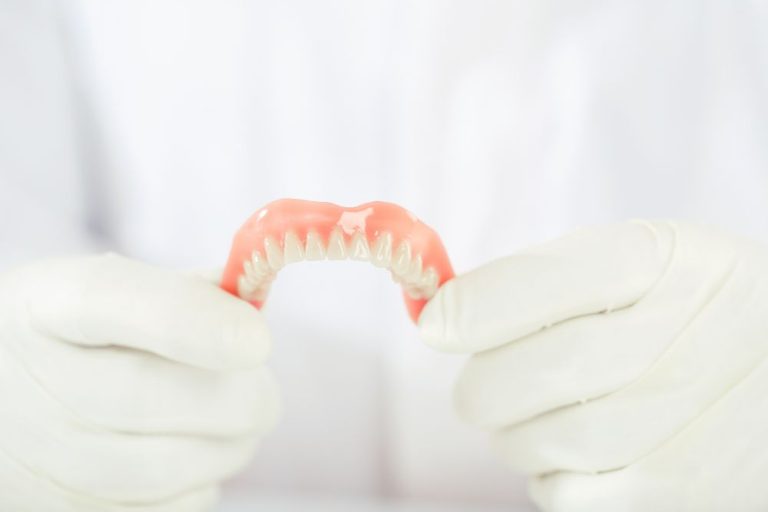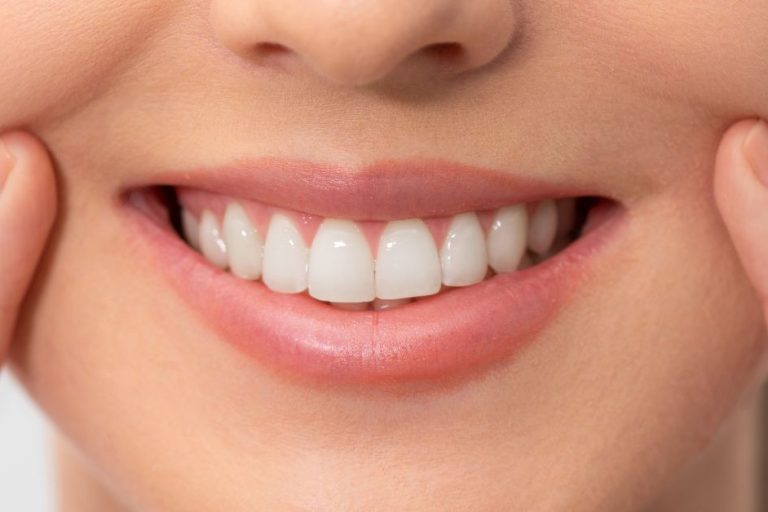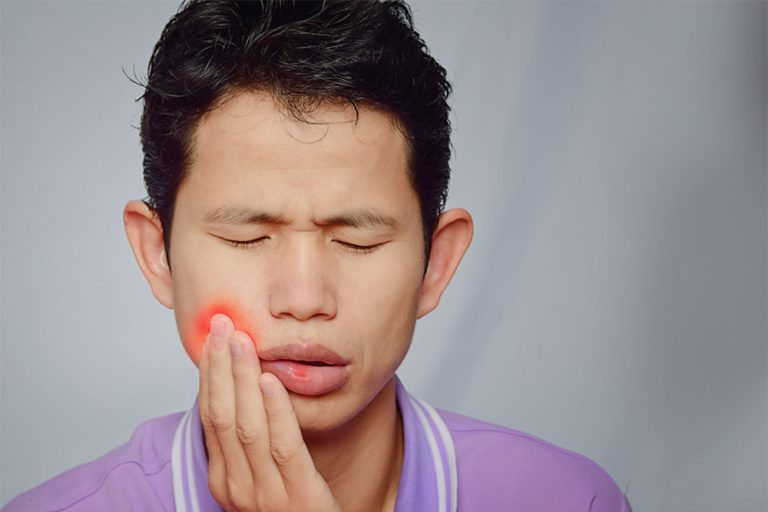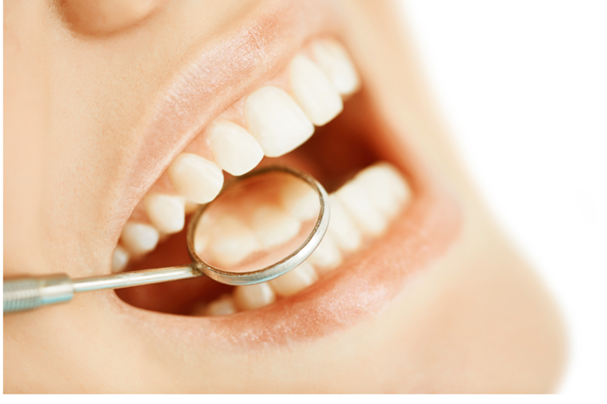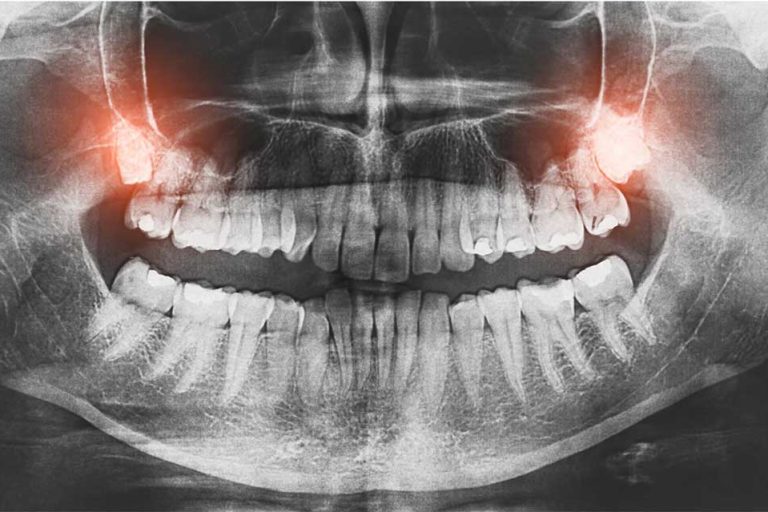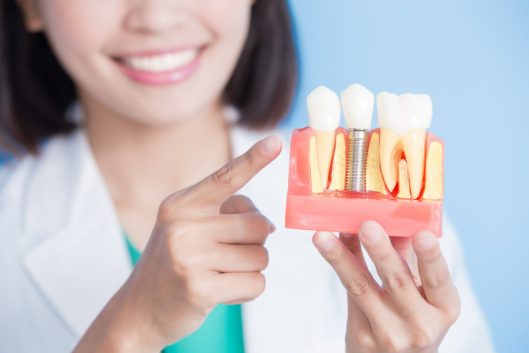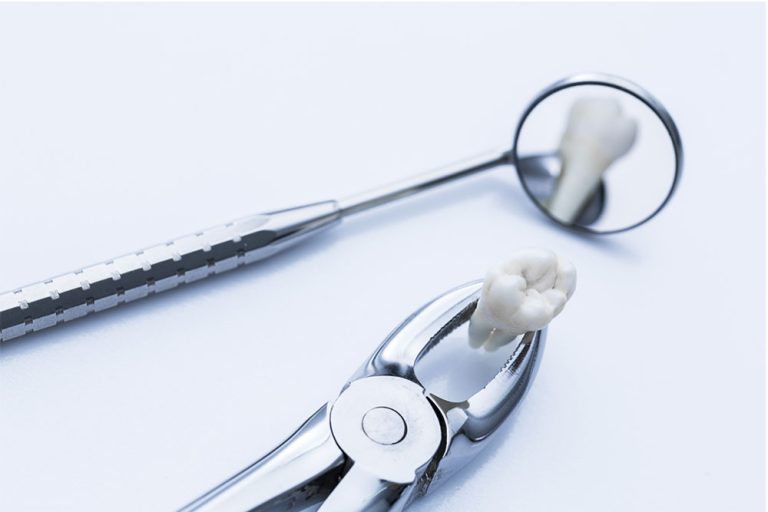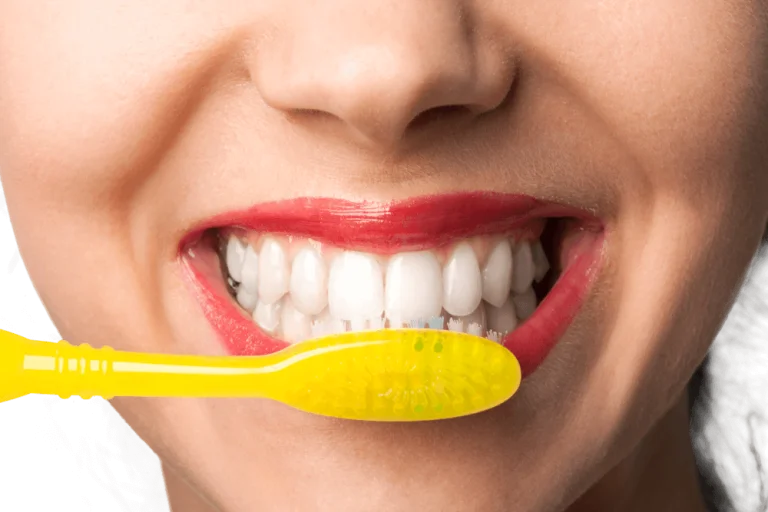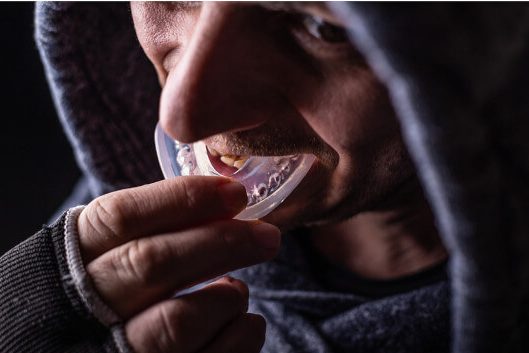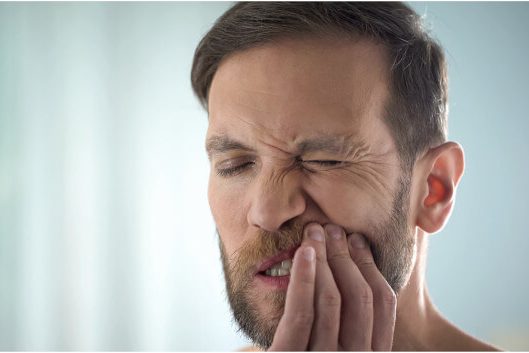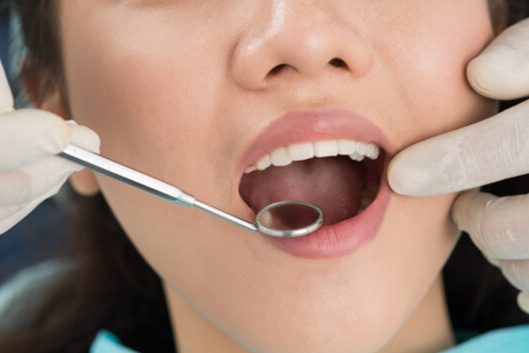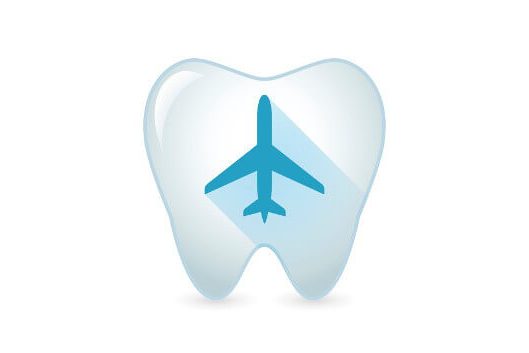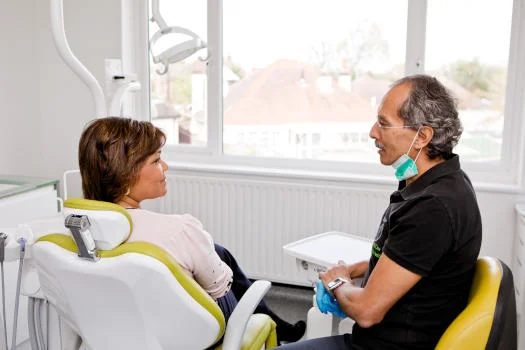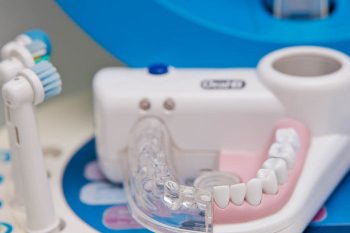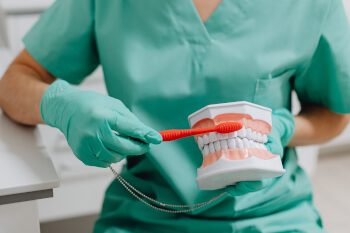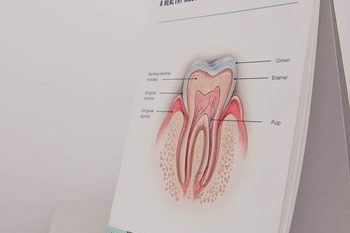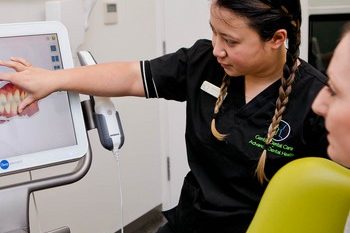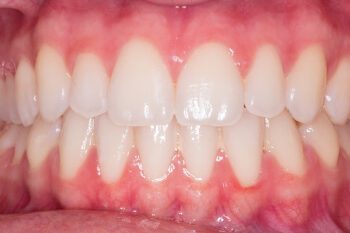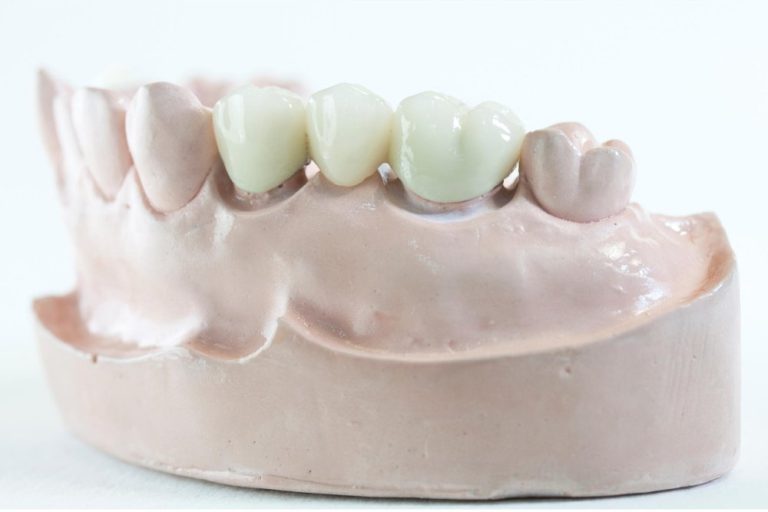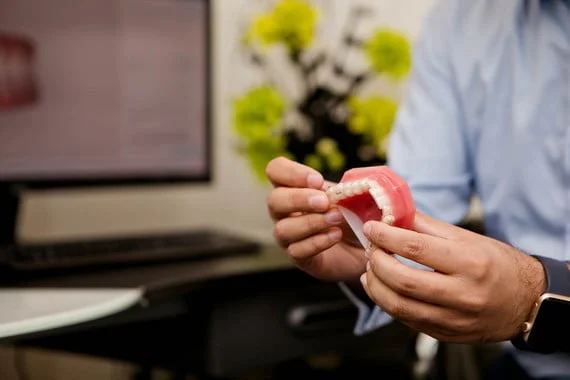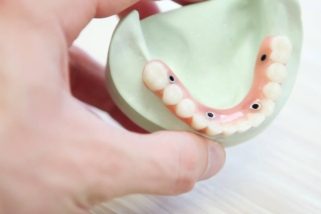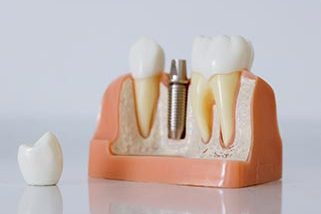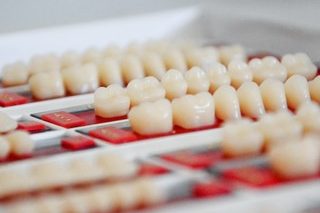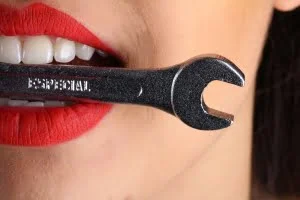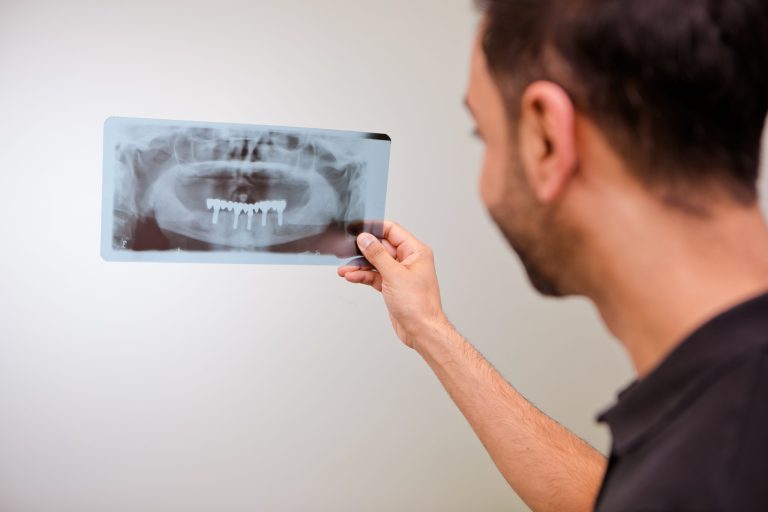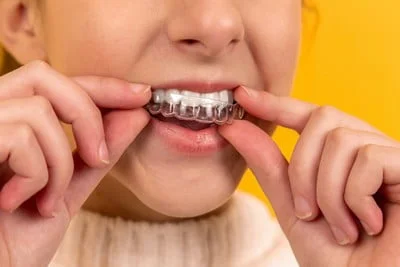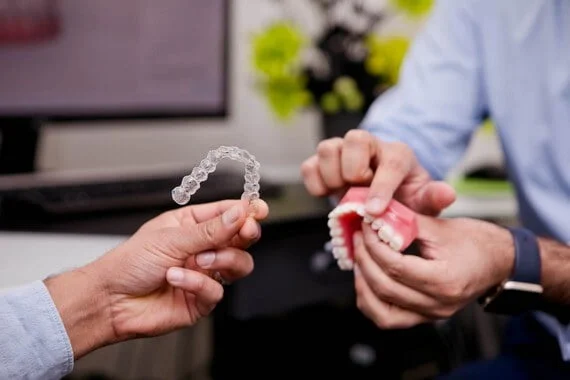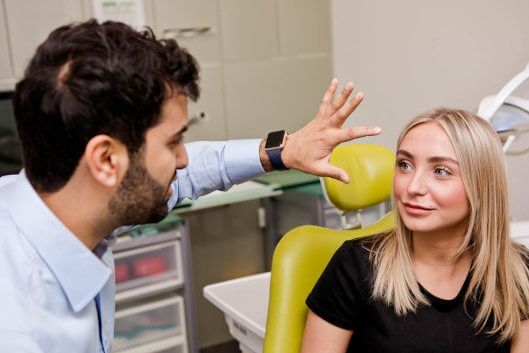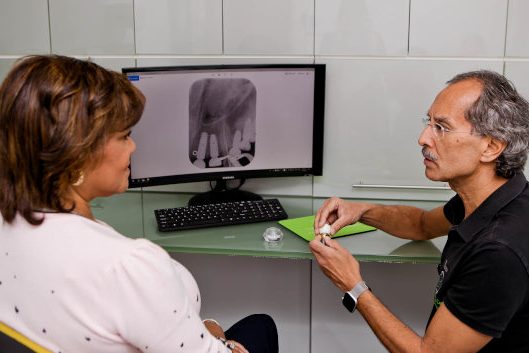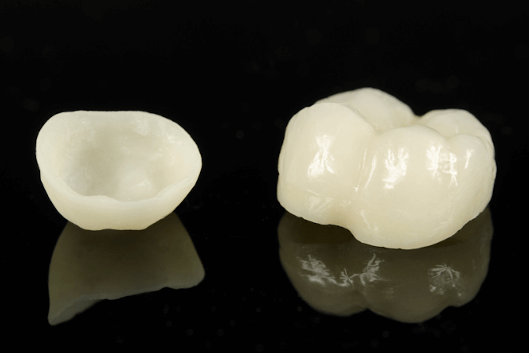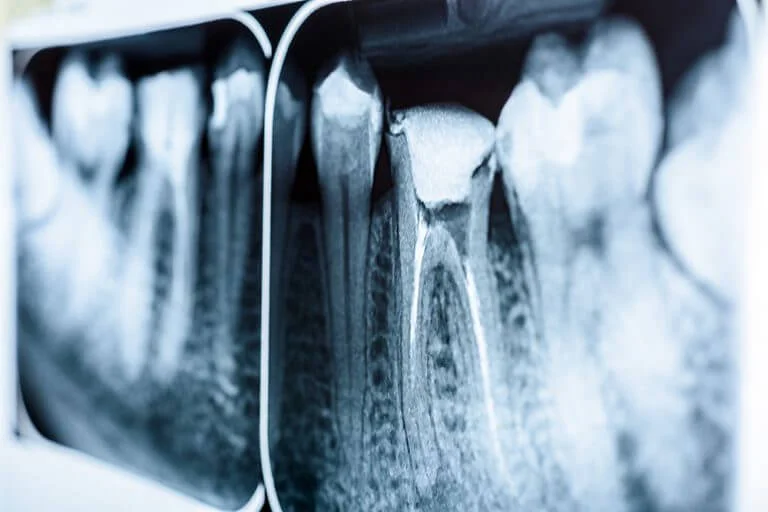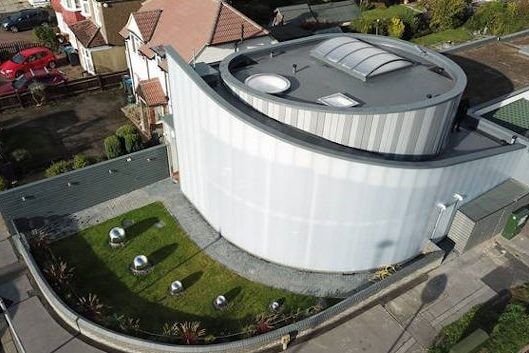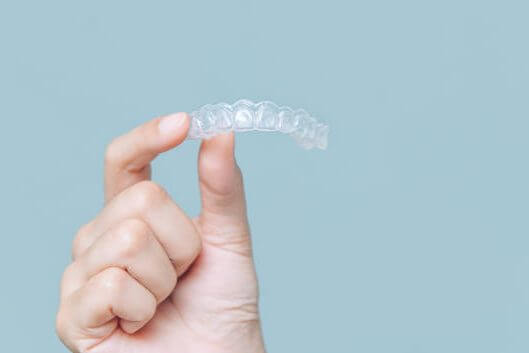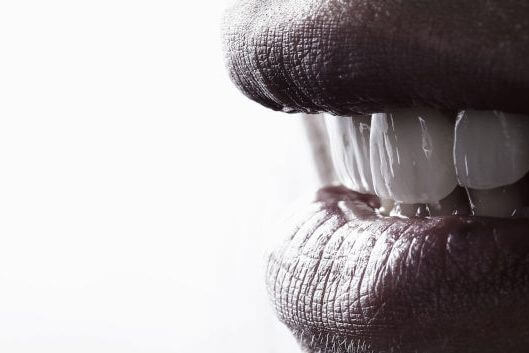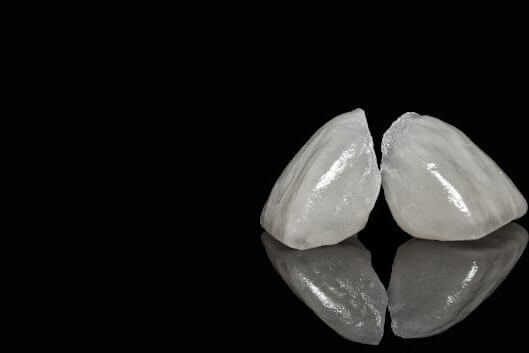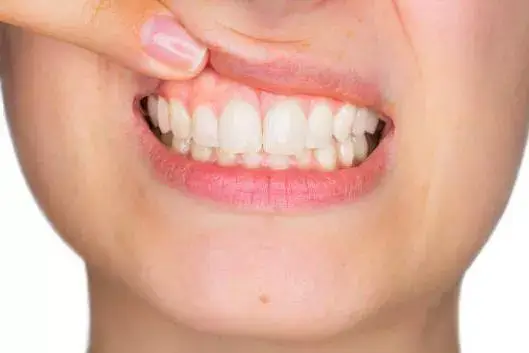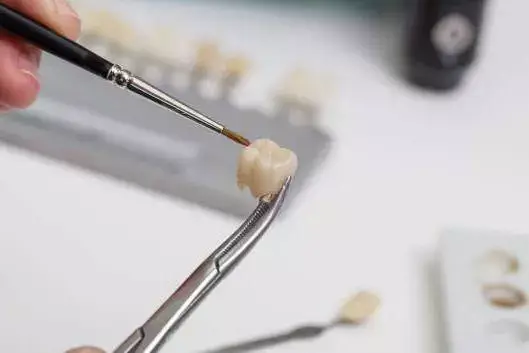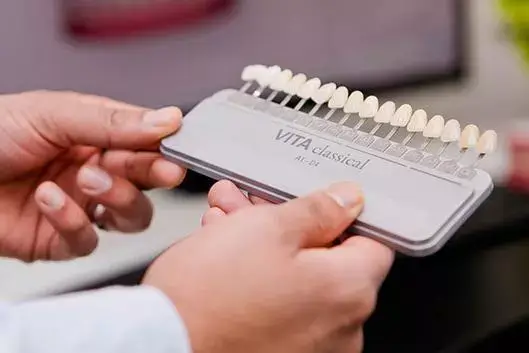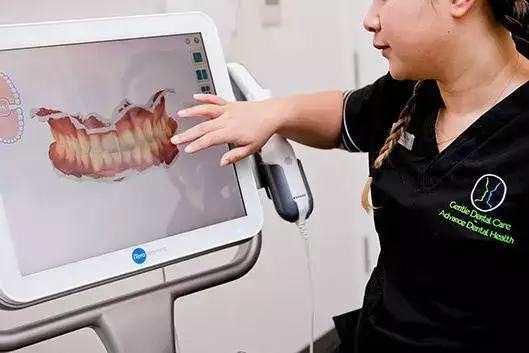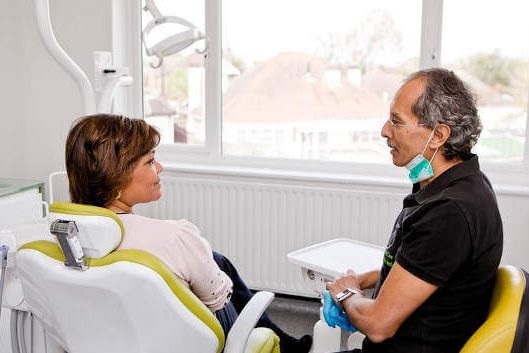Will my dentist put me to sleep during root canal treatment?

A root canal procedure is necessary when the dental pulp at the core of the tooth has become harmed by bacteria, instigating infection. This can cause massive discomfort when eating, looseness of teeth and bloated gums. Consequently, the procedure is essential to eradicate these bacteria and cure the infection quickly and effectively.
A standard root canal procedure includes eradicating the bacteria from the root canal system of the problematic tooth, however in severe cases the tooth may need to be removed. After the bacteria is effectively eliminated, it is filled and coated with a filling or crown.
We are often asked if use sedation when carrying out a root canal procedure and the answer is, yes.
Types of Sedation Available for your Root Canal Procedure.
There are three types of sedation that are normally used for a root canal depending on the severity of the case and the needs of the individual patient:
- Minimal Sedation: This is the lowest level of sedation, utilizing only a weak sedative such as Valium or Nitrous Oxide. Once the procedure is finished there are no residual effects, and you are able to leave the practice the same way you entered. This type of sedation is used for basic Root Canal Procedures that are not too invasive and will not cause immense discomfort.
- Moderate Sedation: This is the next level of sedation, in which the patient is sedated but still able to respond to questions and is not fully asleep. In this scenario the patient may need to wait a short period of time after the procedure is complete before leaving the practice. This is to ensure the patient is fully recovered from the sedation and is not at risk of any side-effects such as drowsiness. This type of sedation is used for more severe Root Canal Procedures in which the infection and discomfort is fairly high.
- Deep Sedation: This is the highest level of sedation, in which the patient is fully sedated and left unconscious during the entire Root Canal Procedure. Following the procedure there is no memory of it occurring and the patient will have to be escorted and driven out of the practice by a family member/friend. This is because the residual effects of the sedation will likely cause the patient to be unable drive home or take their own transport home by themselves. This type of sedation is only used in the most serious cases of Root Canal Treatment or for those unable to tolerate dental treatment due to mental/physical reasons.
What precautions should I take following sedation and root canal treatment?
Depending on the level of sedation it may take several hours to fully recover from the residual effects. So, it is essential to take special care when moving around, especially ensuring that you do not bump or touch your treated area. Painkillers may also be needed to help with any discomfort when the sedation fully wears off. This can either be prescribed or you can use over-the-counter options such as Paracetamol or Ibuprofen.
For more advice on our gentle, pain free root canal treatments check out what our patients say or give us a call on 020 3925 3846.
Call 020 3925 3846 or fill in our form to enquire about your consultation.
